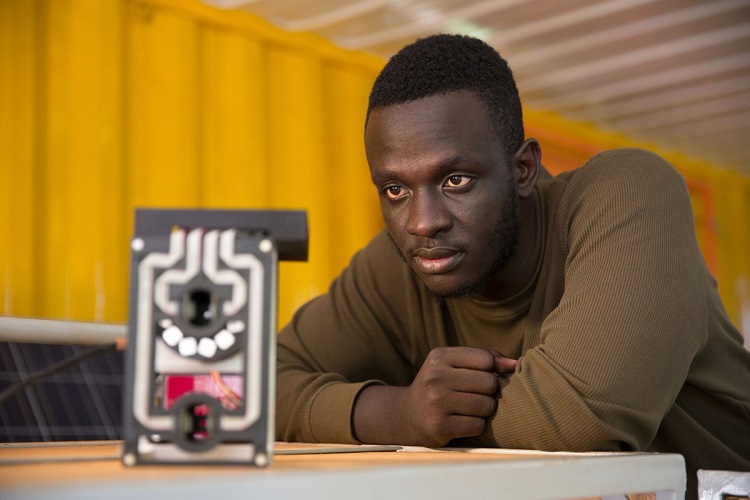Makerere University Vice Chancellor Prof. Barnabas Nawangwe and former Uganda Investments Authority Executive Director Dr Maggie Kigozi were among the few prominent Ugandans that heaped praises on Brain Gitta, who on Wednesday beat other three other contenders to bring home Shs124 million in cash at the Africa Prize for Engineering Innovation.
At the age of twenty-four, Gitta became the first Ugandan to win the prestigious Prize, and the youngest winner to date.
In his congratulatory message, Prof. Nawangwe revealed that Gitta started working on his solution, Matibabu, while a first-year student at Makerere University, and went on to say that his victory was “setting remarkable trends in solving Africa’s problems.”
“Congratulations Brian!” he added.
Mr. Brian Gitta started working on Matibabu at @MakerereU as a first-year student of Bsc. Computer Science with his Team Code 8. This is very important to see young researchers setting remarkable trends in solving Africa's problems. Congratulations Brian! https://t.co/cYAGu2gqW7
— Barnabas Nawangwe (@ProfNawangwe) June 15, 2018
For her part, Kigozi, a medical doctor by profession, posted Gitta’s picture on Instagram, and captioned it: “Award winning Brian Gitta for bloodless malaria test. Who does not hate that prick?”
Other renowned figures that congratulated Gitta are Samuel Sejjaaka, an accountant professor and businessman, and South African author and writer James Hall.
Congrats Uganda's Brian Gitta, age 24: wins UK's Royal Academy of Engineering's Africa Prize for inventing a malaria detector that finds malaria virus by shining a red light on your finger, sending results to your mobile phone in 60 seconds. pic.twitter.com/4PejETlJi9
— James Hall (@hallaboutafrica) June 15, 2018
A graduate of software engineering from Makerere University, Gitta alongside his team developed Matibabu, a device which tests for malaria without drawing blood.
Swahili for ‘medical centre’, Matibabu is a low-cost, reusable device that clips onto a patient’s finger, requiring no specialist expertise to operate. It produces results within one minute on a mobile phone that is linked to the device.
The innovation depends on red-laser beam technology that can study the pattern of red blood cells and identify abnormalities which could imply malaria in one’s blood.
With limited resources for setting up sophisticated infrastructure, especially in developing countries, the Matibuba kit tackles the challenge for the need of resourced medical laboratories to test for malaria.
Matibabu is currently undergoing testing in partnership with Mulago Hospital and is sourcing suppliers for the sensitive magnetic and laser components required to scale up production.

